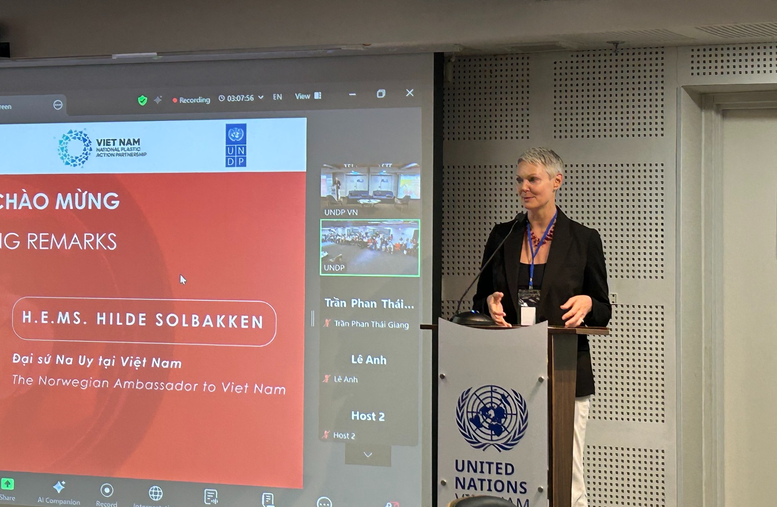
Norwegian Ambassador to Vietnam Hilde Solbakken speaks at the event - Photo: VGP/Thuy Dung
The announcement ceremony took place within the framework of the Talk on Plastic 2025 series of talks organized by the Ministry of Agriculture and Environment in coordination with the United Nations Development Programme (UNDP) through the National Plastic Action Partnership (NPAP) Vietnam and the Norwegian Embassy in response to World Environment Day 2025 with the message "Beat Plastic Pollution."
The Deposit Return System (DRS) is a model that encourages consumers to return their disposable beverage packaging in exchange for an initial deposit. The return points can be retail stores, hotels, restaurants, cafes or centralized return points. The initial deposit, although small, is considered a financial incentive for consumers to return their used beverage packaging instead of disposing of it in the environment.
Notably, the DRS system is considered an effective support tool for implementing the regulations on extended producer responsibility stated in the Law on Environmental Protection 2000 and 2024. Instead of building a separate collection process, beverage production and distribution enterprises can participate in the centralized collection system thanks to DRS, thereby increasing transparency, optimizing costs and ensuring the packaging recovery rate according to legal regulations.
The DRS system has been proven to be an effective solution for achieving very high collection rates for recycling of single-use beverage packaging. Currently, more than 40 territories in Europe, the Americas, Africa, the Middle East and Oceania have implemented DRS for single-use beverage packaging. However, no Southeast Asian country has implemented this system.
According to the Research Report, the DRS system is completely feasible in Vietnam. However, Vietnam needs a separate DRS system that is suitable for socio-economic conditions such as the beverage market and domestic solid waste management infrastructure. Therefore, the Report has detailed technical specifications for Vietnam's DRS system along with recommendations for necessary preparations to ensure practical effectiveness when applying this model.
If implemented effectively, the DRS is expected to divert up to 77,000 tonnes of packaging waste from landfills annually, cutting CO₂e emissions by 265,000 tonnes, while creating around 6,400 formal jobs and 9,600 opportunities in the waste-related freelance sector.
The study also found that this design is consistent with Vietnam’s Extended Producer Responsibility (EPR) policy and contributes positively to national goals of reducing ocean plastic pollution and achieving net zero emissions by 2050.
Norwegian Ambassador to Vietnam Hilde Solbakken expressed her belief that, with its growing commitment to sustainability, Vietnam can benefit greatly from these proven models, thereby boosting recycling rates and effectively addressing the problem of plastic pollution.
Ambassador Solbakken stressed that the DRS system is completely feasible for Vietnam and will bring huge socio-economic and environmental benefits. The DRS system has the potential to stimulate the development of a new recycling industry, create green jobs, and significantly reduce the amount of plastic bottles ending up in nature or landfills. "Norway is pleased to participate in the process of realizing this system in Vietnam," the Ambassador said./.
Thuy Dung
Source: https://baochinhphu.vn/giai-phap-moi-giam-rac-thai-nhua-tai-viet-nam-102250616172157573.htm


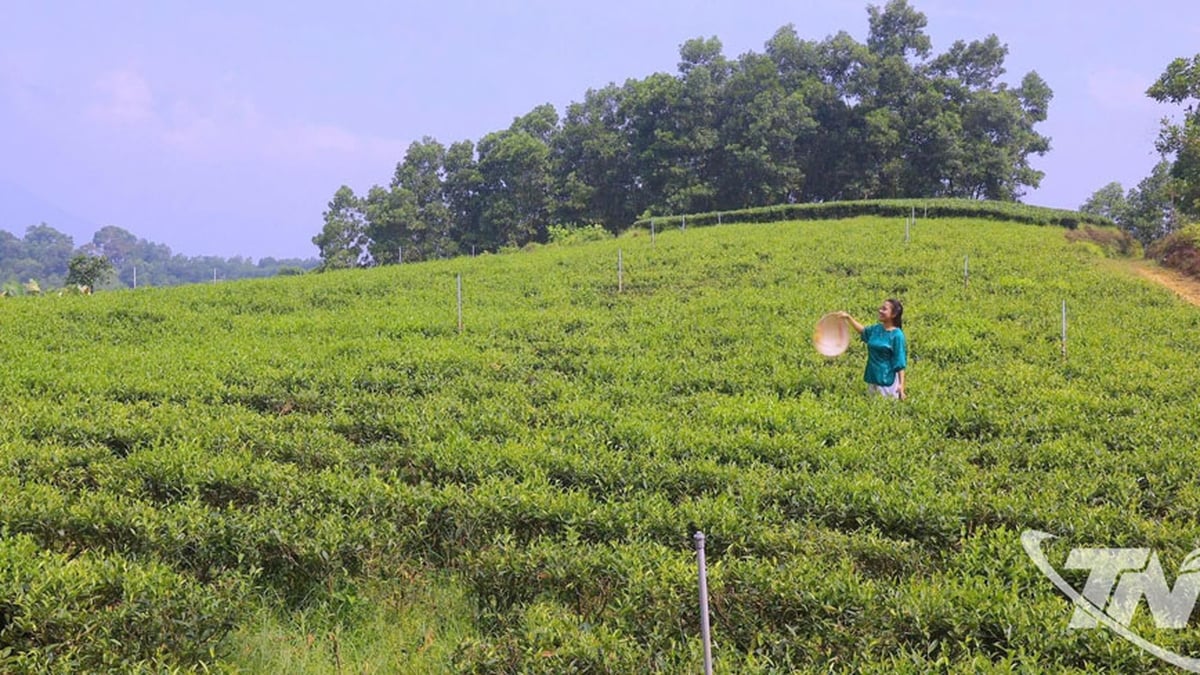
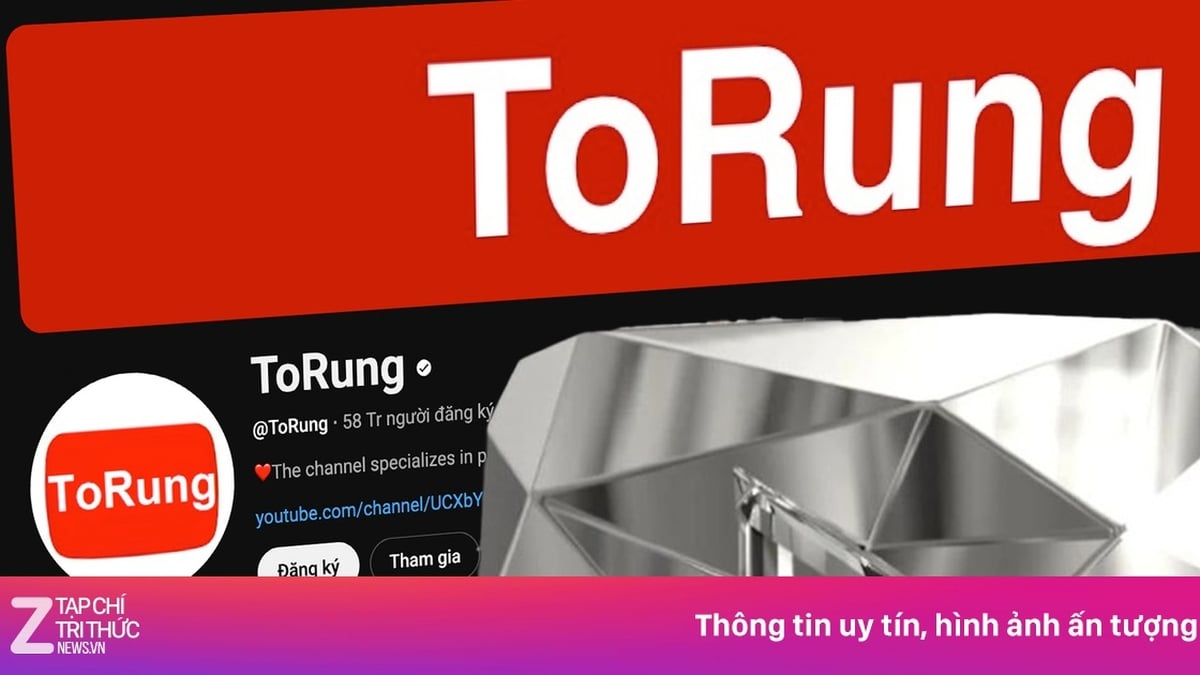
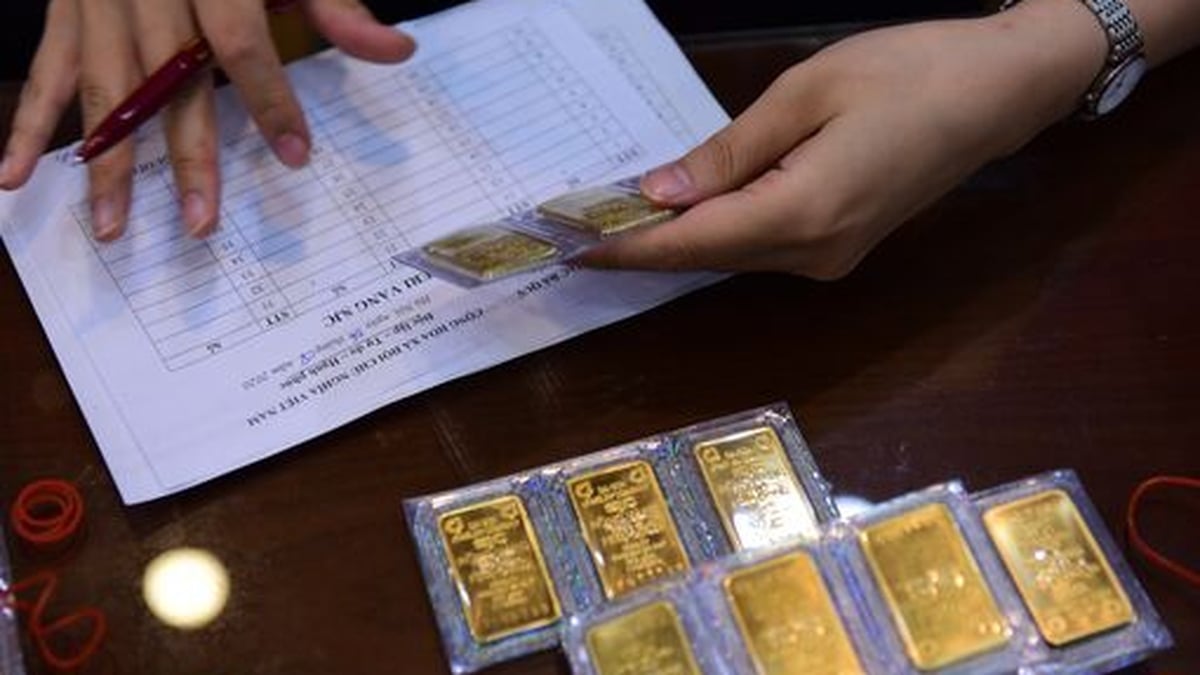


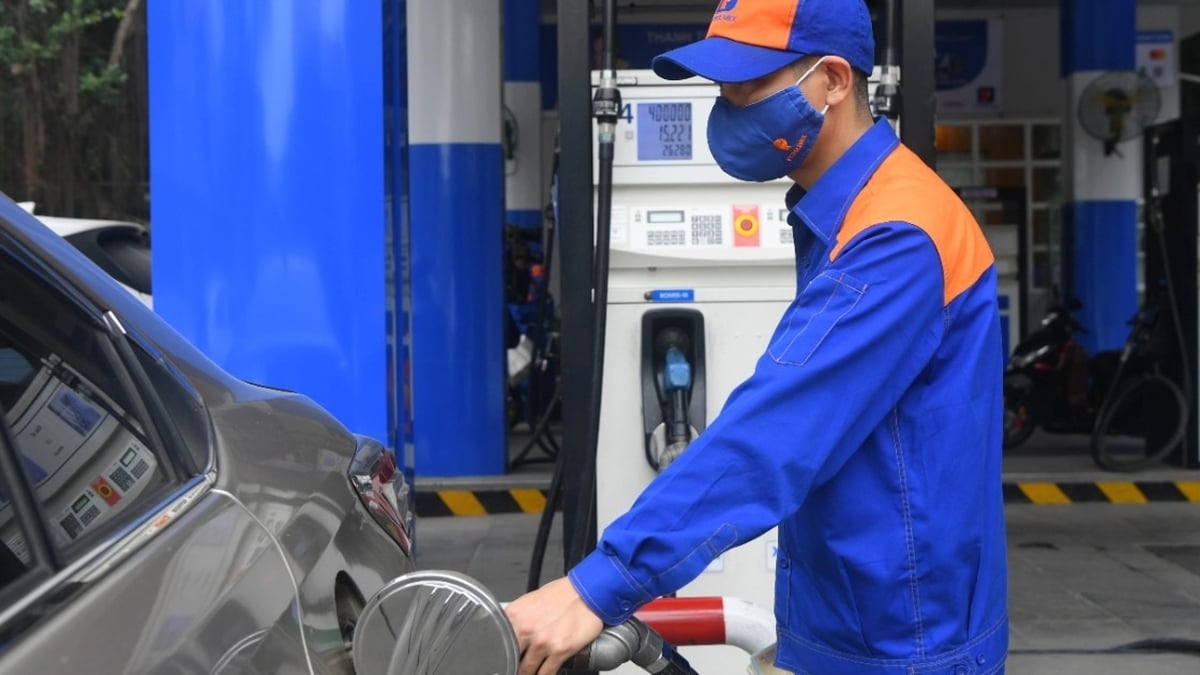
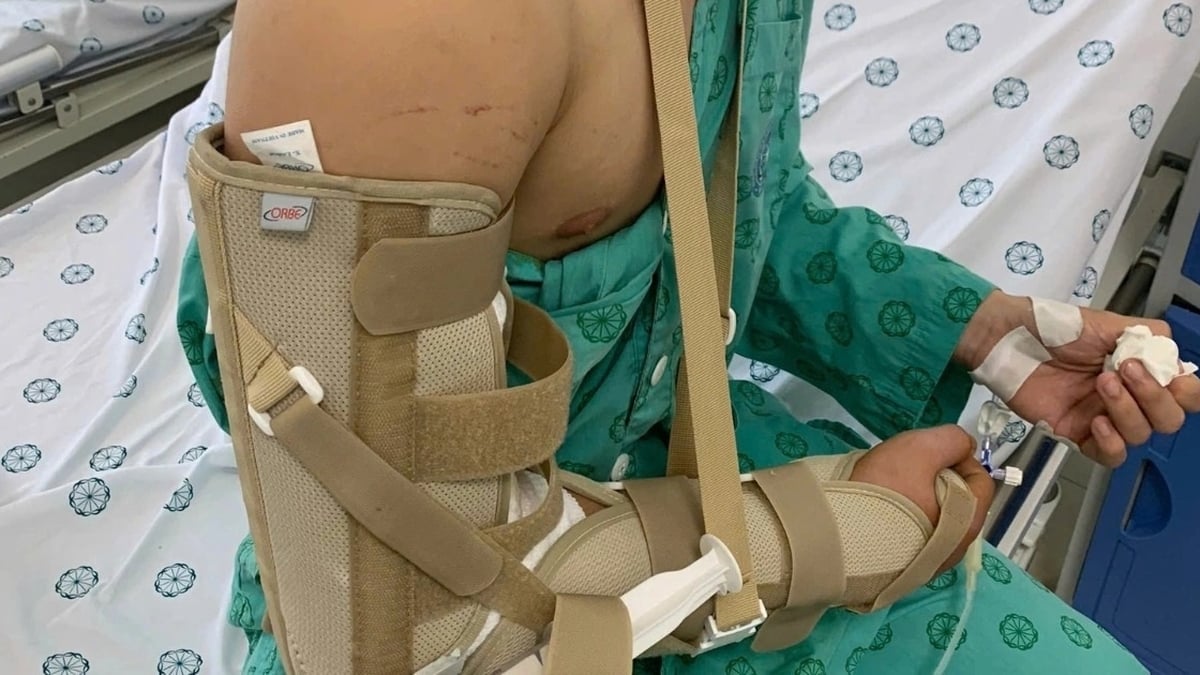

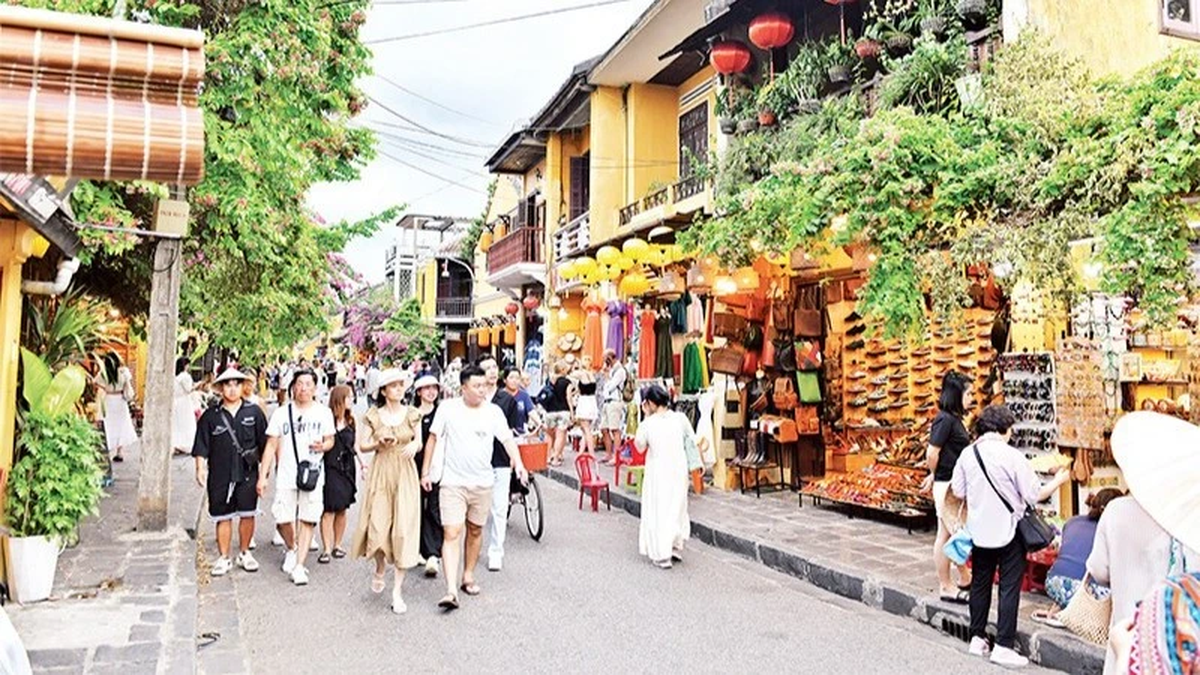
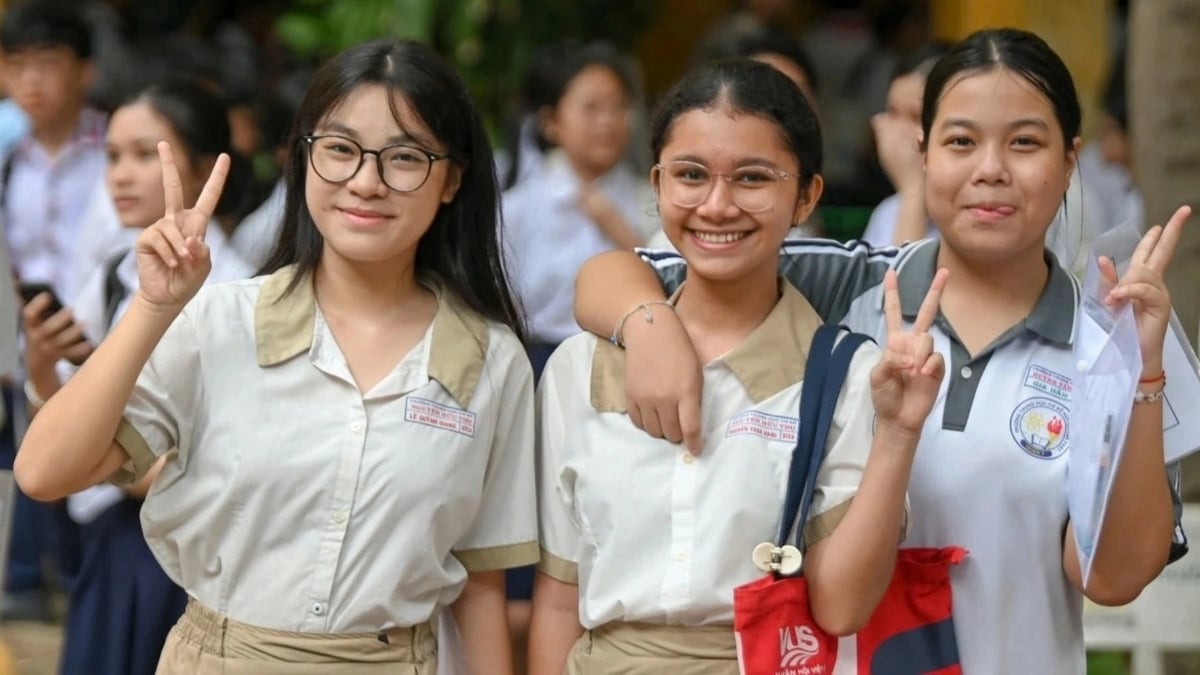


















![[Photo] Nghe An: Provincial Road 543D seriously eroded due to floods](https://vphoto.vietnam.vn/thumb/1200x675/vietnam/resource/IMAGE/2025/8/5/5759d3837c26428799f6d929fa274493)

























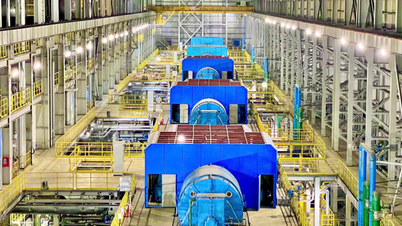
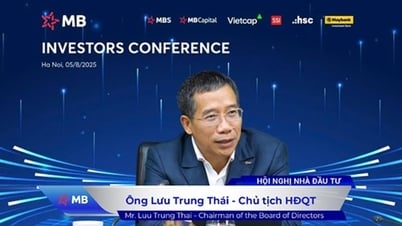

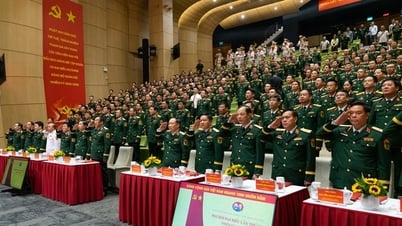
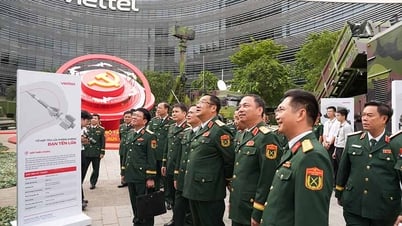

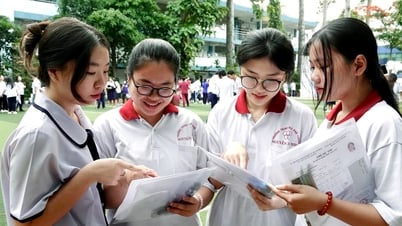




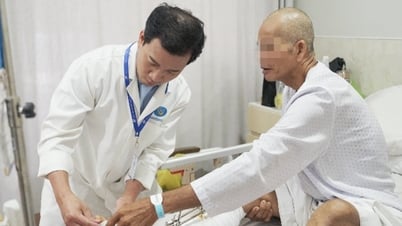
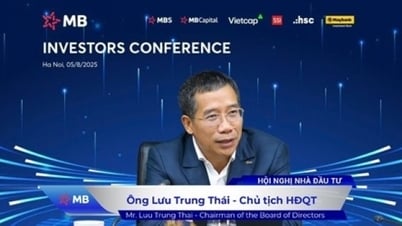



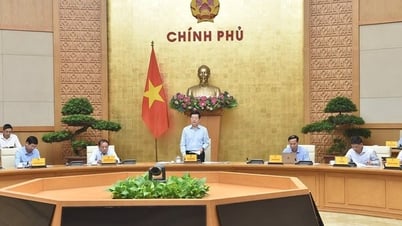


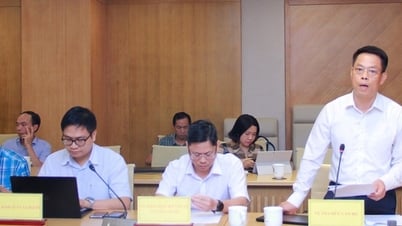

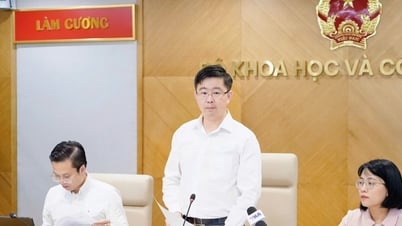
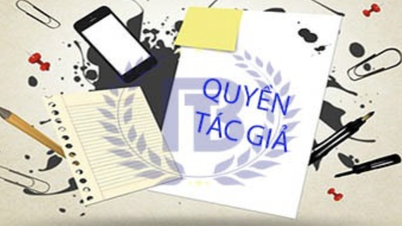
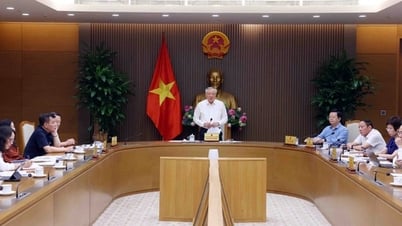





















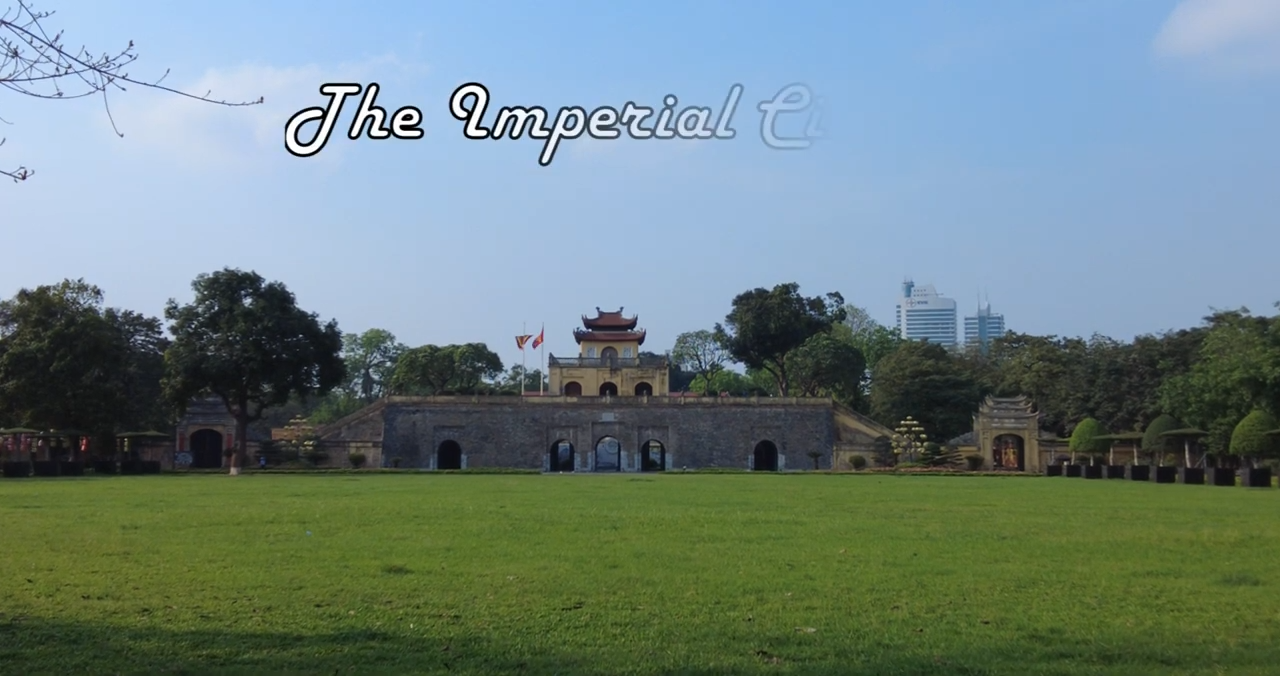
Comment (0)